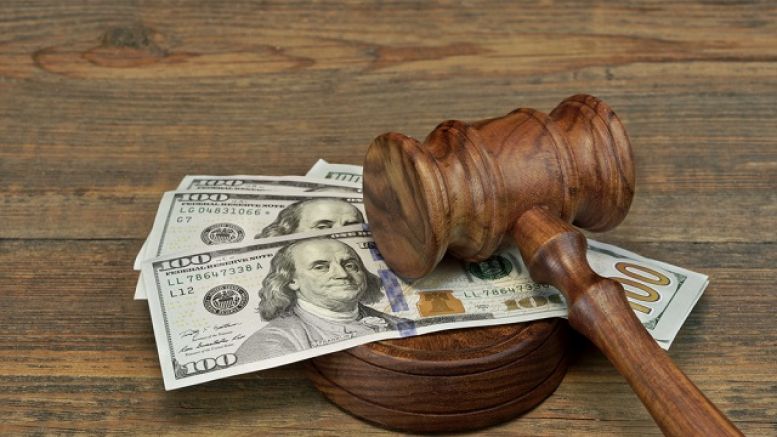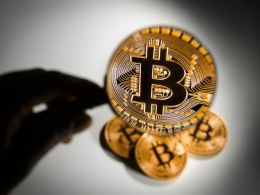
Michell Espinoza Case: Bitcoin Can’t Be Considered as Money
The judgement in the Michell Espinoza money laundering and illegal bitcoin sales case has declared that Bitcoin can't be considered as money. The recent judgement by the Miami-Dade Circuit Court declares that the popular digital currency, Bitcoin can’t be considered as money. The decision made by Judge Teresa Mary Pooler exonerates Michell Espinoza from the charges of illegally selling virtual currency and money laundering. Michell Espinoza, the defendant in the case was arrested by the police as a result of an undercover operation. He was caught while attempting to sell $1500 worth of....
Related News
Judge Pooler's recent decision to not consider bitcoin as a currency has sparked a debate among the digital currency community about the digital currency's status. What is Bitcoin? If you ask a Bitcoin user, he will call it a form of currency similar to the US dollar or the British Pound Sterling. However, when it comes to the government bureaucracy and the judiciary the answer isn’t that simple. The debate about whether Bitcoin is a currency or a commodity is reignited following the recent judgement in a lawsuit against Michell Espinoza. Michell Espinoza, who was charged with money....
Bitcoin has emerged as the leading cryptocurrency of choice ever since it came into being. In the eyes of the users of Bitcoin, the definition of it as a currency might just be very clear but when it comes to the legal definition of Bitcoin, there is still a lack of clarity. Does the classification of Bitcoin matter? Different jurisdictions treat Bitcoin differently. Bitcoin is a true global currency and it can be used in any part of the world. In this type of a scenario, it is but natural that different legal jurisdictions take a different view of what exactly Bitcoin is. In some....
A landmark criminal case believed to be the first involving a money-laundering charge involving bitcoin has seen its verdict. The criminal charges thrown out, with bitcoin not deemed to qualify as money, according to the ruling judge. Defendant Michell Espinoza was arrested in 201andmd charged with “illegally selling and laundering” $1,500 in bitcoin to an undercover law enforcement officer. Prosecutors alleged that Espinoza had violated Florida’s anti-money laundering law by operating as an unlicensed money transmitting business. However, Miami-Dade Circuit Judge Teresa Mary Pooler has....
Miami-Dade Circuit Judge Teresa Pooler has dismissed a money-laundering case involving an alleged “illegal sale” of bitcoins, after declaring that under the laws of the state, the digital currency is not considered to be a form of money. Defendant Michell Espinoza was arrested after being accused of selling bitcoins to undercover detectives who told him that they were interested in purchasing $1,500 worth of bitcoins in order to obtain robbed credit card numbers. Florida law enforcement charged Espinoza with one count of operating as an unauthorized money transmitter and one count of money....
Michell Espinoza had a good Monday. On that day last week, the South Florida bitcoin exchanger saw money transmission and money laundering charges against him dismissed. Espinoza was arrested in 2014 for selling bitcoins to an undercover law enforcement agent, and he has again been thrust into the spotlight due to the potential impact of the case. The court's eight-page opinion, discussing the application of Florida money transmission and money laundering statutes to sales of bitcoin, was the first of its kind, and it suggested that certain notions of how the law views transactions made in....





